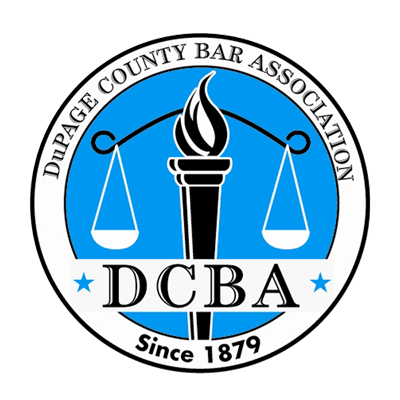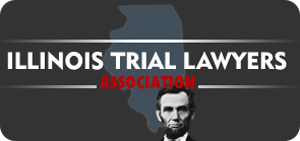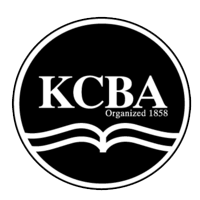
If you work in an environment where you’re concerned about exposure to COVID-19, you’re not alone. Fortunately, the state of Illinois has published guidelines for employers designed to help keep you safer—even though, as we all know, there are few guarantees with this pandemic. If you do become seriously ill with Omicron, you may qualify for workers’ compensation, provided certain standards of proof are met.
Workplace Safety
Under the Illinois Department of Public Health’s Guidance, employers are encouraged to:
- Advocate for employee vaccination, which reduces severe illness and virus transmission
- Support masking in close work areas
- Encourage employees to stay home when ill, maintaining flexible policies for sick leave and caregiving for sick family members
- Remain flexible when it comes to requiring documentation from medical providers since these can be hard to obtain under current conditions
- Separate sick employees from coworkers and customers, preferably by sending sick employees home
- Post signs advising employees not to come to work when they’re ill, explaining cough and sneeze best practices, and prompting careful hand washing
- Consistently sanitize high traffic surfaces
These employer practices are a part of the overall push to keep businesses running and employees healthy. Workplace issues continue to arise around COVID-related questions, such as how to address benefits, compensation, paid leave, and unemployment.
The Occupational Safety and Health Administration’s (OSHA’s) general duty clause requires an employer to “furnish to each of his employees employment and a place of employment which are free from recognized hazards that are causing or are likely to cause death or serious physical harm to his employees.” Employers may also have COVID recordkeeping requirements under OSHA.
If you’re experiencing difficulties relating to your employment and the COVID pandemic, your best avenue is to consult an experienced attorney who can give you situation-specific advice.
Workers’ Comp v. Occupational Disease Act
In order to make a claim for a COVID-19 infection that was contracted in the workplace, there are different requirements depending on whether the claim is brought under the Occupational Disease Act or the Workers’ Compensation Act. Illinois formerly had a “rebuttable presumption” that put the burden on employers to prove that the employee had not gotten the illness at work. This expired in July of 2021, although it still applies to claims made before that date.
To assert a COVID claim under Illinois’ Occupational Disease Act (ODA), a worker has to prove that the infection is an “occupational disease” in the context of the work environment. This means:
- The COVID infection arose from or was “aggravated or rendered disabling” by a workplace exposure.
- There is a “causal connection” between the conditions under which the work was being performed and the occupational disease (COVID).
“The disease need not to have been foreseen or expected, but after its contraction, it must appear to have had its origin or aggravation in a risk connected with the employment and to have flowed from that source as a rational consequence,” according to the Illinois ODA (820 ILCS 310/1(d)).
If the employee can identify the particular time and place they were exposed to COVID at work, they may proceed under the Workers’ Compensation Act. The employee will have the burden of showing that the illness happened within the scope of their employment, and was due to a specific occurrence—such as being sneezed on by a closely adjacent sick employee. An employer may respond by claiming:
- The COVID-19 exposure occurred outside of the workplace, pointing to a sick family member, a non-work event the employee attended, etc.
- The employee was actually working remotely or was on leave for the relevant period.
- The employer was abiding by all applicable guidance, including cleaning, social distancing, and workplace safety practices provided by the Illinois Department of Public Health (IDPH) or the Centers for Disease Control (CDC).
- The employer was using personal protective equipment (PPE) to lessen the spread of the novel coronavirus to workers for minimally two weeks prior. See, for example, Illinois Education Association Fact Sheet.
Should I Contact An Attorney?
With a workers’ compensation claim in Illinois, the most important thing is to hire a well-qualified attorney as early in the process as possible. The attorneys at Culotta Bravo Law Firm have extensive experience in helping employees bring successful workers’ comp claims. Call the Cullotta Bravo Law Firm at 630-898-7800, or click here.





